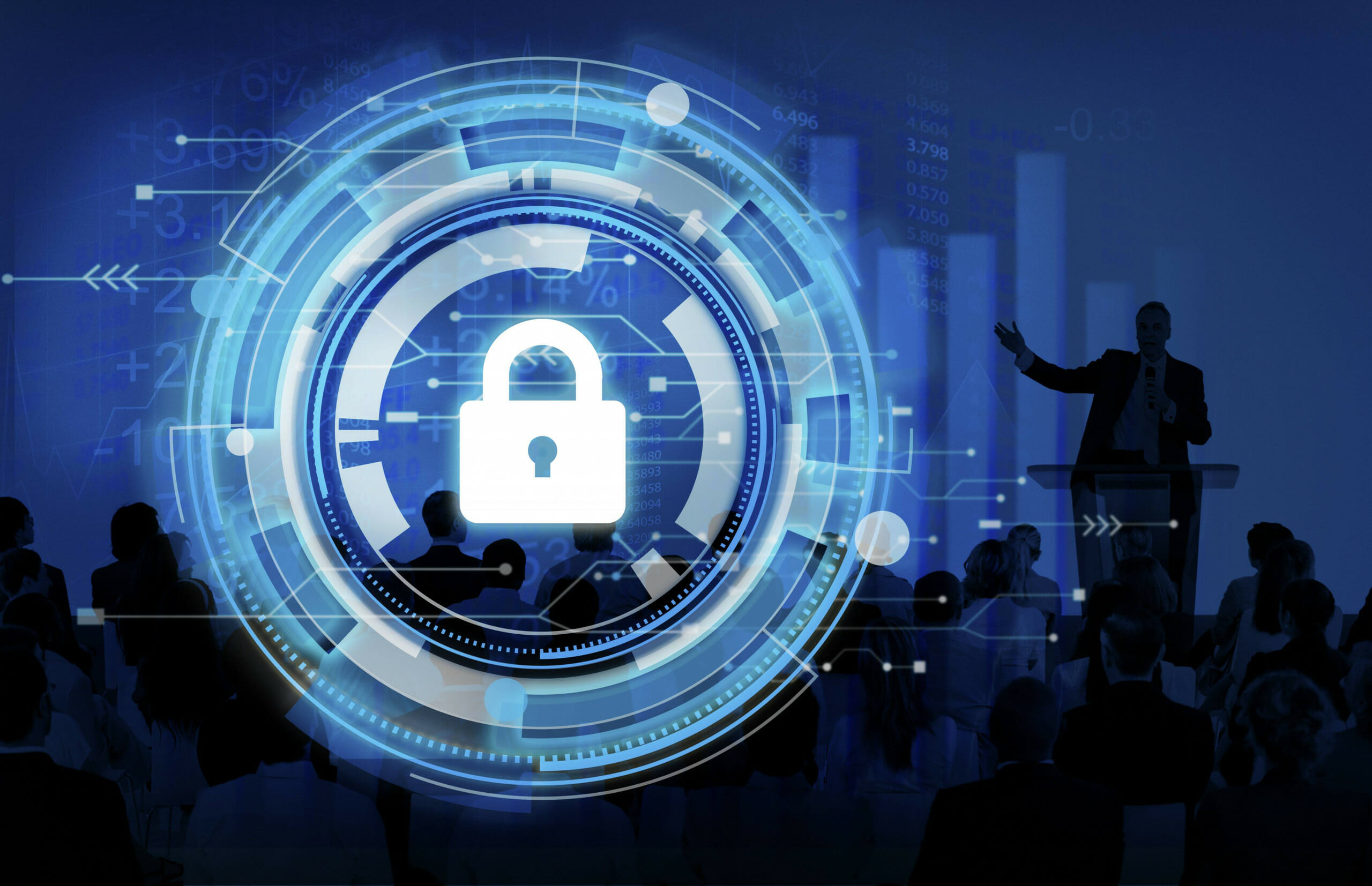
Ever since Google made HTTPS a ranking signal, digital marketers and SEOs everywhere have started scrambling for their SSL certificates, in an attempt to get their websites to rank that little bit better.
However, needless to say, there is much, much more to cyber security than encrypting anything.
In fact, in a world where ransomware is constantly on the rise, where malware is only a bit too common and when security threats pose a significant threat to all of us living and working on the web, it is no wonder that more and more digital marketers are trying to invest in the security of their (and their clients’) websites.
Here are some of the most notable security challenges faced by digital marketers today, and how to ensure you don’t become a victim to one of them:
The Downfalls of Content Marketing
You’d probably never think that content marketing can cause you some serious security issues, but the simple fact that content needs a CMS to be deployable is wherein the issue lies.
Whether you use WordPress (as most website owners do), or opt for Joomla! or even Drupal, you can become the victim of a DDoS attack which can lead to data breaches or even data theft.
While your CMS of choice will have its own security gateways in place, you need to stay vigilant too and make sure you limit the number of user accounts floating around, delete obsolete accounts, make sure that you get everyone to use strong passwords, and enforce a strict policy of not using the same password for more than one website.
The Risks of Email
If you’ve not been living under a rock for the past decade, you are likely familiar with the damages phishing can cause. As email marketing remains one of the most popular (and in fact the most rewarding) digital marketing tactics out there, phishing attacks also become more sophisticated and more complex, meaning you have to stay on your guard.
However, what poses an additional challenge is the fact that with phishing, you are not the one who is attacked, but your customers. And as many of them will not double check a hyperlink before they click on it, they can inadvertently set off a devastating chain of events.
What you can do though is make sure your servers and ISP are secure and up to date, and try to use an encryption or security software for sending out emails. That way, you will at least do your best to prevent an unwanted attack.
Safeguarding the Social
One of the main risks you will face on social media is the authority and data theft. This can come in the form of image theft or the sharing of confidential data, and with all the recent scandals surrounding social network number one, it’s easy to see why you need to stay on top of your game.
In order to make sure your social profiles are indeed safe, you again need to have a very strict password strength policy and ensure that none of the personnel who have access to your social media profiles treat any of the data carelessly.
Don’t share any proprietary information with anyone (not even your own team members) through social platforms.
Make sure all the images you use are clearly marked as your own property if they have been created by your team.
Try to remove as many spam followers as you can.
CRM as a Source of Worry
As your CRM holds all of your most important data on customers, leads and prospects, you need to make sure that whether you use Salesforce or Oracle, you don’t rely on their security systems alone.
DDoS attacks are common with these systems, as are data breaches through different channels. Even apps like Basecamp have suffered their own breaches, and the level of attack severity can cause you nothing more than a nuisance, but it can also cripple your business.
The fact that a CRM is most often used by several different parties (sales, marketing, development), you need to make sure that all of them use firewalls, VPNs and the so often mentioned the strongest password they can think of.
A Note on Passwords
Speaking of passwords, allow me a small side note:
If you are very active on social media and are clearly a fan of a certain band or movie, try not to associate your passwords with such preferences. While you may think you are being safe with SmokeOnTheWater1988, the truth is, a clever malicious hacker can easily piece together the different parts of your failsafe.
This is especially important for all of your website logins, email logins, AdWords and AdSense passwords. Make them overly complex and use an unbreakable system to prevent you from forgetting them (LastPass works well, but is a lot like storing all your eggs in one basket).
The most unbreakable system I have found to date is paper and ink – just don’t let anyone know where you keep the paper and have a backup just in case.
Overall Website Security
And finally, let us revert back to the SSL we opened this piece with.
If you don’t have one – you will not only not be ranking anywhere, your website will also be given a wide berth by anyone who has given any thought to online security for longer than a second.
Update your certificates regularly, make regular backups of all your website data (online and offline), make sure the server you use is secure, and that the software you employ is safe. After cases like the one of Agnitum.com, you might want to double check where you take your business.
Stay safe, stay vigilant, and never think you are too small or too big for a cyber attack to cripple you for good.




